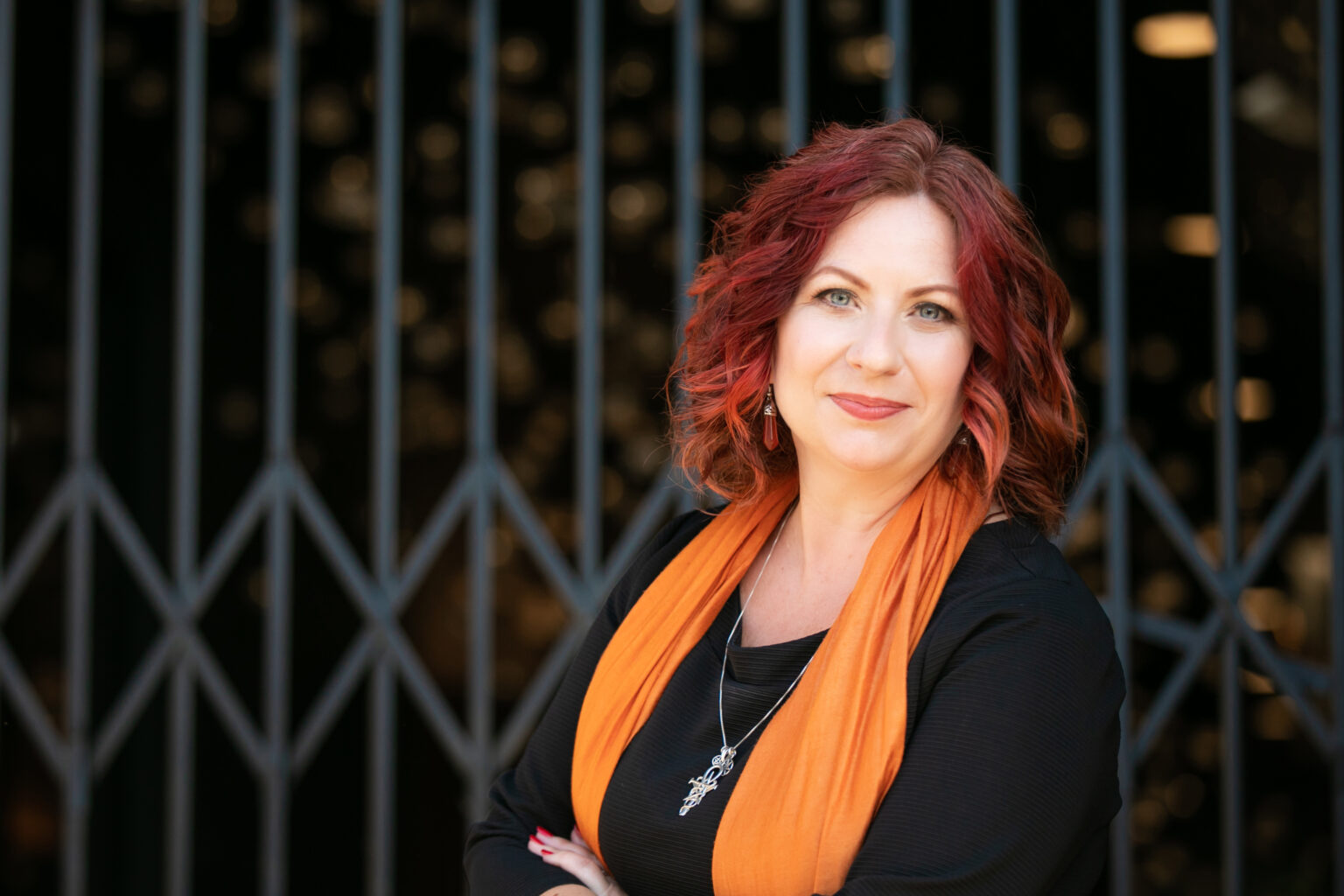I’m going to answer this question like a good lawyer. It depends. :-) It depends on if you and your family have experienced major changes - thus, updating your estate plan for some, might be one year after you create it and for others it could be 3 or 5 years. But ultimately, what is most important is to keep your estate plan up-to-date. Which … [Read more...]
Lets Get Started! Grab Your Paper & Pen And Create Your Estate Plan Here
So… you’ve been thinking about doing an estate plan, but every time you hear the words “will” or “trust,” your eyes glaze over, pictures of lawyers and complicated documents dance through your head, and your brain whispers, "Ugh…Not today, I can do that later." You are not alone. Most people put off estate planning because they assume it’s … [Read more...]
What Happens to Your Social Media Accounts When You Die?
In today’s hyper-connected and screen focused world, most of us in the United States live a portion of our lives online. We are sharing photos, communicating with friends, building professional networks and storing digitally uploaded memories - all on social media platforms. But what happens to your social media and digital accounts when you … [Read more...]
Can I Leave Money To A Non-Profit When I Die?
The best way to leave things to your favorite charity or non-profit organization after you die is to make sure you have an estate plan in place. A gift of money, assets or property in an estate plan is called Planned Giving and many organizations depend upon these planned gifts to ensure that they have the funds to continue their … [Read more...]
What Is The Legal Limit For My Estate Before I’m Subject To Estate Tax in Washington State?
Did you know that Washington State taxes you based on the total value of everything you own when you die? This includes your car, your home, your art collection, your retirement accounts, investments AND what is in the bank! If this amount totals over $2.19 million (which if you own your home in Western Washington you could be almost half way … [Read more...]
Trusts and Taxes: Are Trusts Taxed In Washington? Will My Children Pay Taxes on What I Leave Them?
Whether or not a trust is required to pay taxes completely depends on the type of trust it is. In Washington State, and generally around the United States a Living Revocable Trust is NOT specifically taxed as an entity - and this is the primary type of Trust that is used for estate planning purposes. So without further ado, let me talk a bit about … [Read more...]
Can I Fund My Trust Using My Life Insurance?
No one wants to think about their death. But raise your hand if you are immortal? Correct, unless you are a character in an Anne Rice novel or some other fantasy story you are a regular human being with a set amount of days to walk in this physical realm. In other words, you are going to die. It is the only thing we can depend on in this life - … [Read more...]
How Can I Split Assets Among My Children In My Estate Plan So They Don’t Fight?
The best way to split assets among your children and prevent them from fighting about it after you die is to have a comprehensive estate plan in place including a living revocable trust. Just like the saying “good fences make good neighbors,” and a clear contract makes a good business relationship, so does a living revocable trust ensure there is a … [Read more...]
Child Protection Plans 101: Securing Your Kids’ Future Today
Most families with young kids put off death, emergency and guardianship planning because it just doesn’t seem that urgent. You are young, it's unlikely you will die tomorrow right? But as a result, if you die, or an accident puts you in the hospital long term, your lack of planning abandons your children to strangers. Your kids, who depend on you … [Read more...]
Should I Transfer My House To My Child While I Am Still Alive?
Before going into details, I’m just going to start out by answering this question. “Absolutely not!” Transferring property into your child’s name while you are still alive is probably one of the most horrible ideas of your life. I’m serious. Real estate transfers are not a DIY, or quick and done kind of matter, as there are many ways that the … [Read more...]










